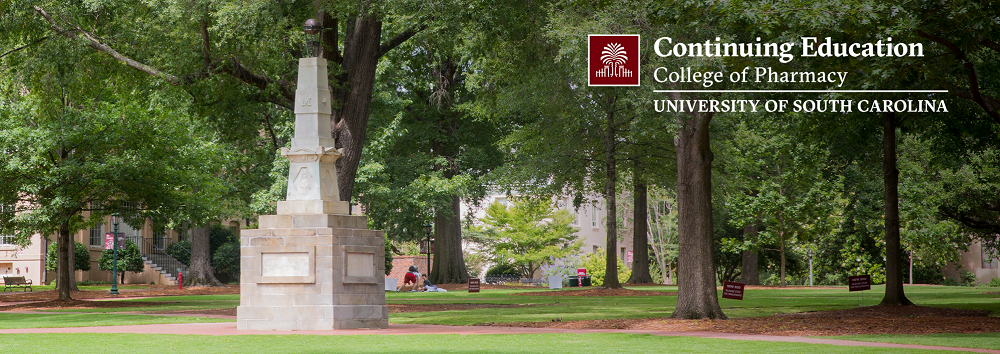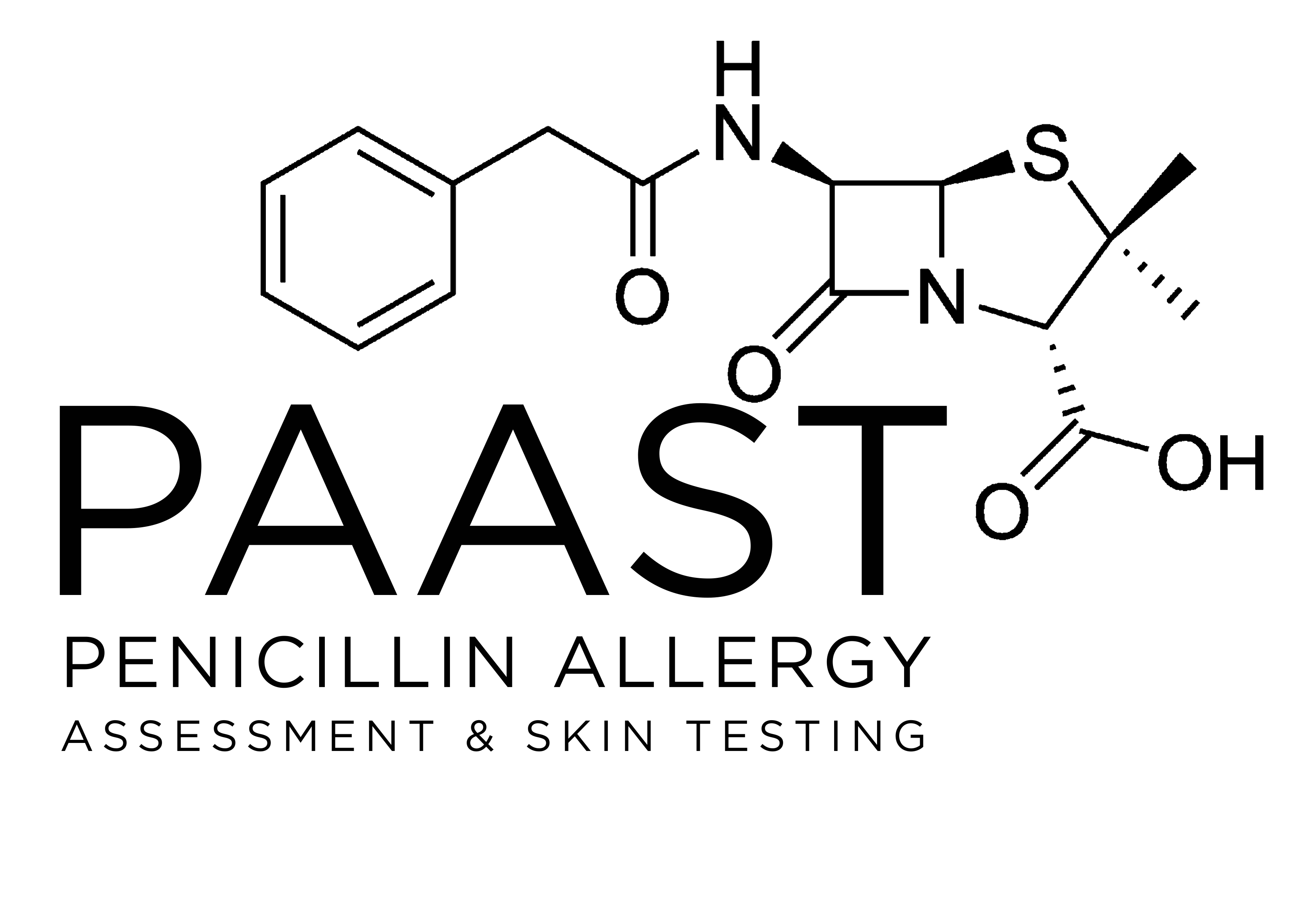
|
Module Name
|
Module Faculty
|
Module Length
|
Learning Objectives
At the completion of this activity, participants will be able to:
|
|
Penicillin Allergy: Classification, Immunology and Cross-reactivity
|
Justin Chen, MD;
Adult and Pediatric Allergist, East Texas Allergy & Asthma Associates
|
1.25 hours
|
|
|
When beta-lactams are best: assessment of primary infectious diseases and organisms where beta-lactams are preferred
|
Christopher M. Bland, PharmD; Clinical Associate Professor, University of Georgia College of Pharmacy
|
1.5 hours
|
|
|
The Scarlet Label: Effects of the Penicillin Allergy Label on Infectious and Antibiotic-Associated Outcomes
|
Mary Staicu, PharmD; Infectious Diseases Clinical Pharmacy Specialist, Rochester General Hospital
|
1 hour
|
|
|
Journal Club & Critical Literature Evaluation: The Impact of a Reported Penicillin Allergy on Surgical Site Infection Risk
|
Emily Heil, PharmD; Assistant Professor, University of Maryland School of Pharmacy; Antimicrobial Stewardship Program Pharmacy Director, University of Maryland Medical Center
|
1 hour
|
|
|
How to Complete a Penicillin Allergy Assessment
|
Brandon Bookstaver, PharmD; Associate Professor, University of South Carolina College of Pharmacy; ID Pharmacist, Palmetto Health Richland
Hana Rac Winders, PharmD; Clinical Instructor, University of South Carolina College of Pharmacy; Lead Antimicrobial Stewardship Pharmacist, Antimicrobial Stewardship Collaborative of South Carolina (ASC-SC)
|
0.5 hours
|
|
|
Managing patients with reported penicillin allergies
|
Luis Tulloch, MD; Clinical Assistant Professor of Medicine, University of Washington
|
1.0 hours
|
|
|
A Detailed Description of Penicillin Allergy Skin Testing (PAST): Kit Preparation, Administration and Interpretation
|
Nicholas Torney, PharmD; Co-Director, Antimicrobial Stewardship Program, Munson Medical Center
|
0.75 hours
|
|
|
Implementing a Penicillin Skin Testing Program
|
Bruce Jones, PharmD; Infectious Diseases Clinical Pharmacy Specialist, St. Joseph’s/Candler Health System
|
1 hour
|
|
|
Journal Club & Critical Literature Evaluation: Point-of-Care beta-Lactam Allergy Skin Testing by Antimicrobial Stewardship Programs
|
Brandon Bookstaver, PharmD
Hana Rac Winders, PharmD
See above for titles and positions
|
1 hour
|
|
|
Assessment and Penicillin Skin Testing Services in Your Health-System: Lessons Learned in the Trenches
|
Geoffrey Wall, PharmD; Professor, College of Pharmacy at Drake University; Director, Drake Drug Information Center
|
1 hour
|
|
|
Post-Test
|
All program faculty
|
1 hour
|
All participants will be required to pass a post-test on the material covered within the modules prior to attending the live session.
|
|
Faculty
|
Length
|
Live Program Learning Objectives
At the completion of this activity, participants will be able to:
|
|
Brandon Bookstaver, PharmD; Associate Professor, University of South Carolina College of Pharmacy; ID Pharmacist, Palmetto Health Richland
Nicholas P. Torney, PharmD, BCPS, BCIDP
Clinical Pharmacist,
Infectious Diseases Director,
PGY2 ID Residency Program,
Munson Medical Center
|
4 hours
|
|
Date: Sep 20, 2019 12:00 PM - 04:00 AM
Fee
CE Hours
CE Units
Registration closes on Sep 19, 2019 01:00 AM
Activity Type
- Certificate-Based
Requirements for CE Credit
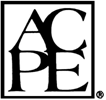 The University of South Carolina is accredited by the Accreditation Council for Pharmacy Education as a provider of continuing pharmacy education. This is a practice-based activity which is accredited for a total of 15 contact hours (1.5 CEUs) for pharmacists (UAN 0062-9999-19-002-B01-P). Initial release date: January 5, 2019; expiration date: January 5, 2022.
The University of South Carolina is accredited by the Accreditation Council for Pharmacy Education as a provider of continuing pharmacy education. This is a practice-based activity which is accredited for a total of 15 contact hours (1.5 CEUs) for pharmacists (UAN 0062-9999-19-002-B01-P). Initial release date: January 5, 2019; expiration date: January 5, 2022.In order to complete this practice-based program, all pharmacists are required to view all home study modules in their entirety (participating in active learning components as prompted), pass the home study post-test (prior to attending the live session), and attend a live session in its entirety. Credit will not be awarded for completing only the home study modules if a live session is not attended, and credit will not be awarded for completing only the live session if the home study modules are not completed and the post-test is not passed. In order to have credit reported to the NABP CPE Monitor, participants must complete the online program evaluations within 30 days of the live activity and must provide their correct NABP e-profile number and day/month of birth. Any credit claimed greater than 60 days from the date of the live activity will be automatically rejected by the NABP CPE Monitor.
Medicine (ACCME):
Accreditation Statement: This activity has been planned and implemented in accordance with the accreditation requirements and policies of the Accreditation Council for Continuing Medical Education (ACCME) through the joint providership of the Medical University of South Carolina and the University of South Carolina College of Pharmacy. The Medical University of South Carolina is accredited by the ACCME to provide continuing medical education for physicians.
Credit Designation: The Medical University of South Carolina designates the live activity for a maximum of 4 AMA PRA Category 1 Credit(s)™. The Medical University of South Carolina designates the enduring activity for a maximum of 11 AMA PRA Category 1 Credit(s)™ Physicians should claim only the credit commensurate with the extent of their participation in the activity.
Nursing (ANCC):
Support/Credits
- Christopher Bland, PharmD, has served as a speaker for ALK, TetraPhase, Merck, and bioMérieux. He has served on an advisory board for Paratek. He has received grant funding from Merck.
- Brandon Bookstaver, PharmD, has served as a speaker for Melinta Therapeutics. He has served on advisory boards for Cutis Pharma, Melinta Therapeutics, and Synthetic Biologics. He has received travel grant support from ALK.
- Justin Chen, MD, has served as a speaker for ALK. He has served on an advisory panel for AstraZeneca.
- Emily Heil, PharmD, has received research grant support from ALK.
- Bruce Jones, PharmD, has served as a speaker for Allergan, Tetraphase, and bioMérieux. He has received grant funding from ALK. He has consulted for ALK and Paratek.
- Jamie Kisgen, PharmD, has served as a speaker for Merck.
- Eric Macy, MD, has received a received research grant support from ALK. He has served on a data and safety monitoring board for Audentes.
- Hana Rac Winders, PharmD, has served as a speaker for ALK.
- Mary Staicu, PharmD, has served on an advisory board for ALK.
- Nicholas Torney, PharmD, has served as a speaker for ALK. He has received educational and travel grant support from ALK.
- Geoffrey Wall, PharmD, has served as a speaker for Janssen Pharmaceuticals, Boehringer Ingelheim, and La Jolla Pharmaceuticals. He has received grant support from ALK.
- All other individuals involved in the development of this material declare no conflicts of interest, real or apparent, and no financial interests in any company, product, or service mentioned in this program, including grants, employment, gifts, stock holdings, and honoraria.
- Conflicts of interest have been resolved by Caitlin Mardis, PharmD, BCPS, Director of Continuing Education at the University of South Carolina College of Pharmacy, through peer content review by unconflicted reviewers. The unconflicted reviewer panel consisted of Caitlin Mardis, PharmD; Brandon Dionne, PharmD; Megan Jeffres, PharmD; Shyam Joshi, MD; Julie Ann Justo, PharmD, MS; Mildred Kwan, MD; Krutika Mediwala, PharmD; Nathon Parker, PharmD; Sheena Patel, MD; and Michael Tiberg, PharmD.
|
Please choose a Fee Type from the Drop Down Menu Below:
I am a
|
Registration closes on Sep 19, 2019
at 01:00 AM
Registration Closed
|
Module Title
|
Module Faculty
|
Module Length
|
Module Learning Objectives
At the completion of this activity, participants will be able to:
|
|
Penicillin Allergy: Classification, Immunology and Cross-reactivity
|
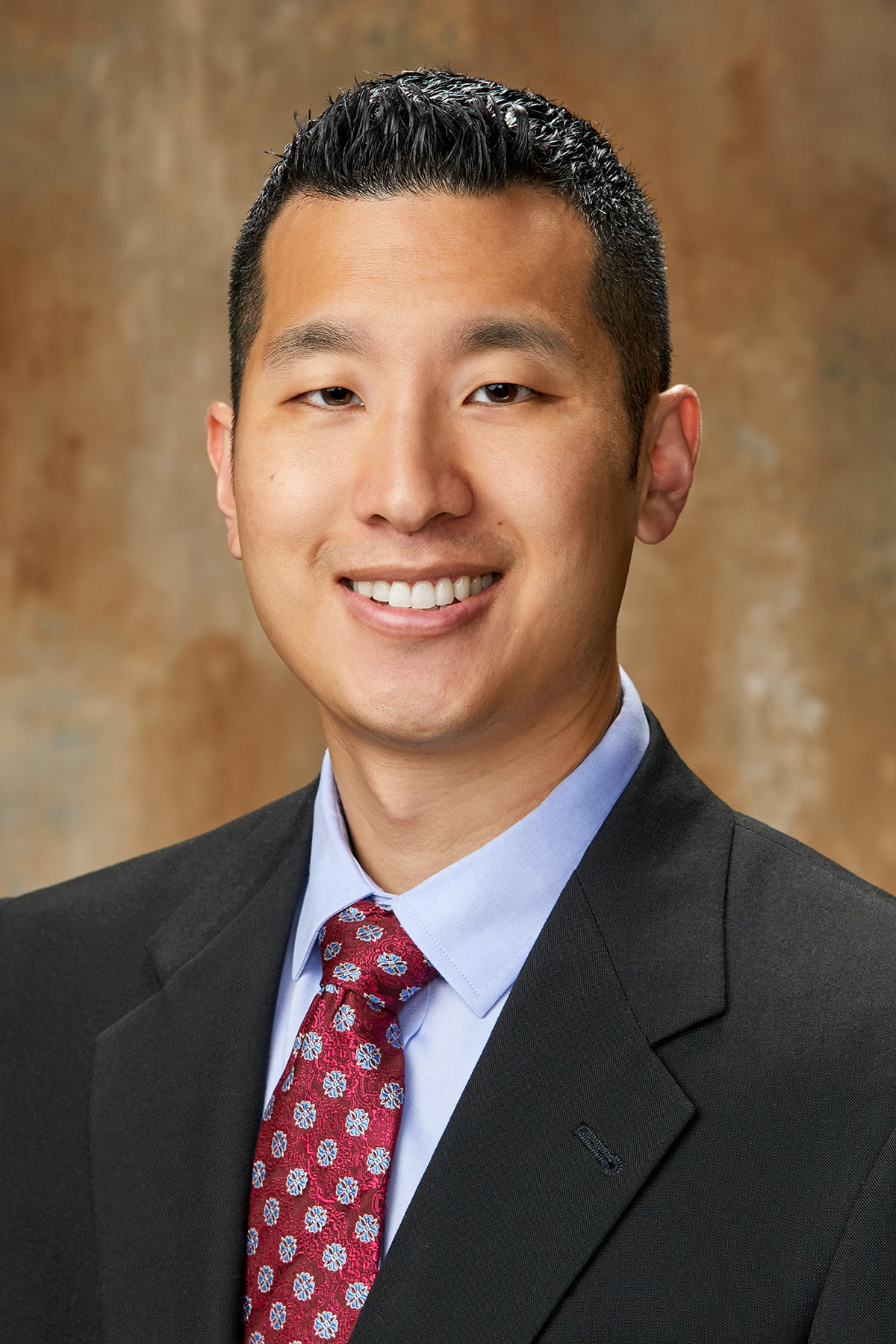 Justin Chen, MD;
Adult and Pediatric Allergist, East Texas Allergy & Asthma Associates
|
1.25 hours
|
|
Registration Closed
|
Module Title
|
Module Faculty
|
Module Length
|
Module Learning Objectives
At the completion of this activity, participants will be able to:
|
|
When beta-lactams are best: assessment of primary infectious diseases and organisms where beta-lactams are preferred
|
 Christopher M. Bland, PharmD; Clinical Associate Professor, University of Georgia College of Pharmacy
|
1.5 hours
|
|
Registration Closed
|
Module Title
|
Module Faculty
|
Module Length
|
Module Learning Objectives
At the completion of this activity, participants will be able to:
|
|
The Scarlet Label: Effects of the Penicillin Allergy Label on Infectious and Antibiotic-Associated Outcomes
|
 Mary Staicu, PharmD; Infectious Diseases Clinical Pharmacy Specialist, Rochester General Hospital
|
1.0 hours
|
|
Registration Closed
|
Module Title
|
Module Faculty
|
Module Length
|
Module Learning Objectives
At the completion of this activity, participants will be able to:
|
|
Journal Club & Critical Literature Evaluation: The Impact of a Reported Penicillin Allergy on Surgical Site Infection Risk
|
Emily Heil, PharmD; Assistant Professor, University of Maryland School of Pharmacy; Antimicrobial Stewardship Program Pharmacy Director, University of Maryland Medical Center
|
1.0 hours
|
|
Registration Closed
|
Module Title
|
Module Faculty
|
Module Length
|
Module Learning Objectives
At the completion of this activity, participants will be able to:
|
|
How to Complete a Penicillin Allergy Assessment
|
 Brandon Bookstaver, PharmD; Associate Professor, University of South Carolina College of Pharmacy; ID Pharmacist, Palmetto Health Richland
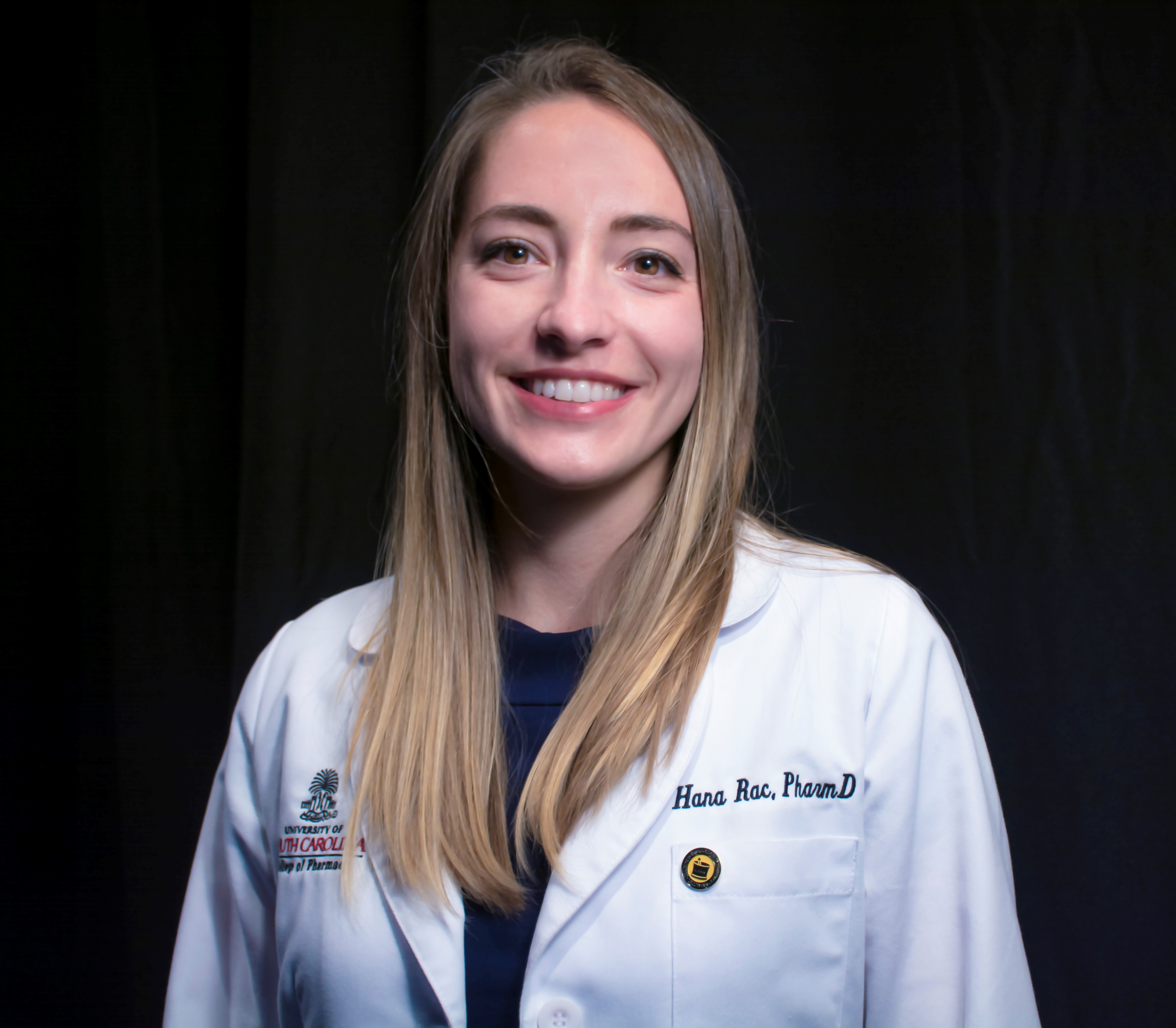 Hana Rac Winders, PharmD; Clinical Instructor, University of South Carolina College of Pharmacy; Lead Antimicrobial Stewardship Pharmacist, Antimicrobial Stewardship Collaborative of South Carolina (ASC-SC)
|
0.5 hours
|
|
Registration Closed
|
Module Title
|
Module Faculty
|
Module Length
|
Module Learning Objectives
At the completion of this activity, participants will be able to:
|
|
Managing patients with reported penicillin allergies
|
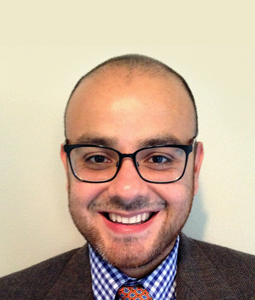 Luis Tulloch, MD; Clinical Assistant Professor of Medicine, University of Washington
|
1.0 hours
|
|
Registration Closed
|
Module Title
|
Module Faculty
|
Module Length
|
Module Learning Objectives
At the completion of this activity, participants will be able to:
|
|
A Detailed Description of Penicillin Allergy Skin Testing (PAST): Kit Preparation, Administration and Interpretation
|
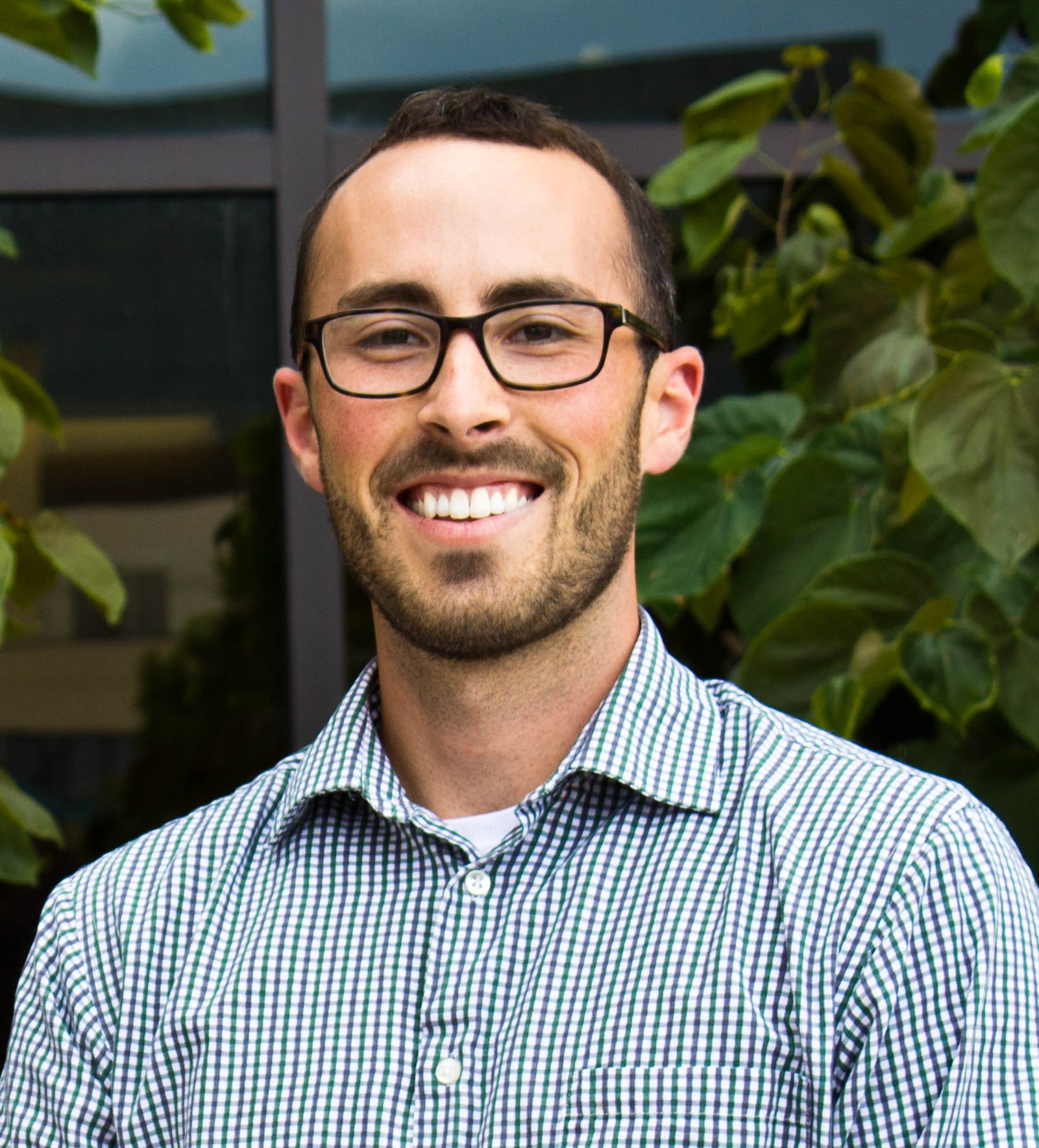 Nicholas Torney, PharmD; Co-Director, Antimicrobial Stewardship Program, Munson Medical Center
|
0.75 hours
|
|
Registration Closed
|
Module Title
|
Module Faculty
|
Module Length
|
Module Learning Objectives
At the completion of this activity, participants will be able to:
|
|
Implementing a Penicillin Skin Testing Program
|
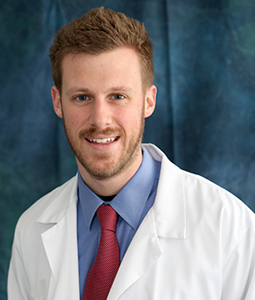 Bruce Jones, PharmD; Infectious Diseases Clinical Pharmacy Specialist, St. Joseph’s/Candler Health System
|
1.0 hours
|
|
Registration Closed
|
Module Title
|
Module Faculty
|
Module Length
|
Module Learning Objectives
At the completion of this activity, participants will be able to:
|
|
Journal Club & Critical Literature Evaluation: Point-of-Care beta-Lactam Allergy Skin Testing by Antimicrobial Stewardship Programs
|
 Brandon Bookstaver, PharmD; Associate Professor, University of South Carolina College of Pharmacy; ID Pharmacist, Palmetto Health Richland
 Hana Rac Winders, PharmD; Clinical Instructor, University of South Carolina College of Pharmacy; Lead Antimicrobial Stewardship Pharmacist, Antimicrobial Stewardship Collaborative of South Carolina (ASC-SC)
|
1 hour
|
|
Registration Closed
|
Module Title
|
Module Faculty
|
Module Length
|
Module Learning Objectives
At the completion of this activity, participants will be able to:
|
|
Assessment and Penicillin Skin Testing Services in Your Health-System: Lessons Learned in the Trenches
|
 Geoffrey Wall, PharmD; Professor, College of Pharmacy at Drake University; Director, Drake Drug Information Center
|
1 hour
|
|
Registration Closed
Registration Closed
| Live Session Faculty | Length |
Live Session Learning Objectives
At the completion of this activity, participants will be able to:
|
 Brandon Bookstaver, PharmD; Associate Professor, University of South Carolina College of Pharmacy; ID Pharmacist, Palmetto Health Richland
Nicholas P. Torney, PharmD, BCPS, BCIDP
Clinical Pharmacist,
Infectious Diseases Director,
PGY2 ID Residency Program,
Munson Medical Center
|
4 hours
|
|
Speaker(s)/Author(s)
|
Nicholas Torney, PharmD
|
|
|
P. Brandon Bookstaver, PharmD, FCCP, BCIDP
|
